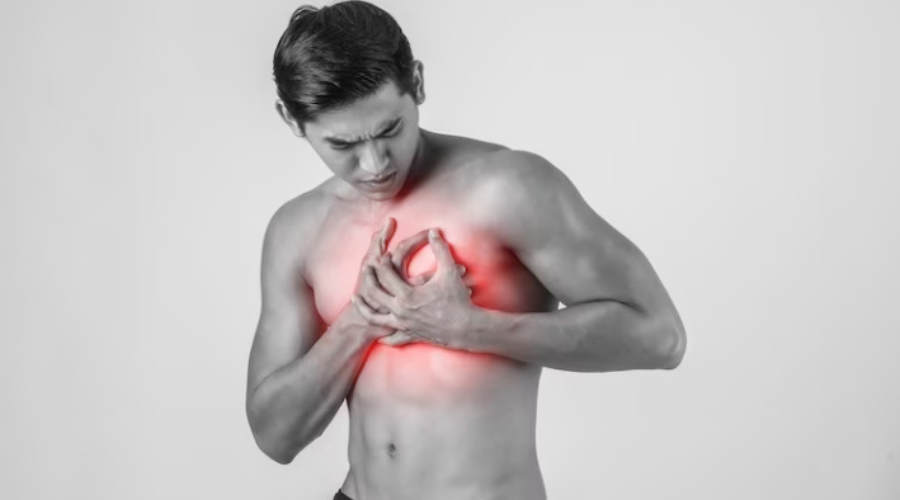If you or someone you know is experiencing symptoms of a heart attack, it is important to seek emergency medical attention right away.
Call your local emergency number (such as 911 in the United States) immediately and describe the symptoms.
While waiting for medical help, the following steps can help:
- Help the person sit down and rest in a comfortable position.
- Loosen tight clothing, particularly around the neck and chest.
- If the person is not allergic to aspirin and it is available, give them one tablet (325 mg) to chew slowly.
- If the person is unconscious and not breathing normally, start CPR (cardiopulmonary resuscitation) immediately.
It’s important to note that everyone may experience different symptoms during a heart attack, and not all heart attacks have the same intensity or duration of symptoms. Some common symptoms include:
- Chest pain or discomfort
- Shortness of breath
- Nausea or vomiting
- Pain or discomfort in the arms, back, neck, jaw or stomach
- Feeling lightheaded or dizzy
- Cold sweats
If you suspect that you or someone you know may be having a heart attack, do not delay in seeking medical attention. Acting quickly can help improve the chances of survival and reduce the risk of long-term damage to the heart.
A traffic police turns life saver in Hyderabad. Traffic constable Rajashekhar of Rajendranagar PS of @CYBTRAFFIC saved a life, immediately after performed #CPR. Appreciate by Telangana Health minister Harish Rao and CP @cpcybd CP of @cyberabadpolice #Hyderabad #heartattack pic.twitter.com/8DsF5Lsufd
— Surya Reddy (@jsuryareddy) February 24, 2023
